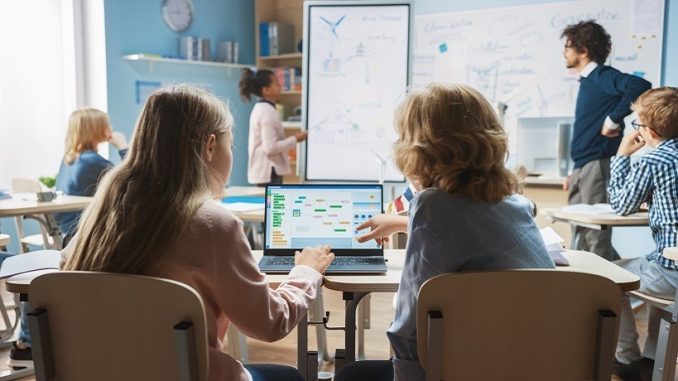
Introduction
The landscape of education is evolving rapidly, driven by technological advancements, changing student needs, and the demands of the 21st century workforce. To keep pace with these transformations, it is imperative that teacher training programs undergo a comprehensive revamp. Adapting to 21st-century classrooms requires educators to develop new skills, embrace innovative pedagogies, and foster a growth mindset. In this article, we will explore the challenges and opportunities associated with revamping teacher training to prepare educators for the modern classroom.
The Changing Educational Landscape
Technology Integration: In the 21st century, technology has become an integral part of our daily lives, including education. Teachers must be proficient in using digital tools and platforms to enhance the learning experience. Teacher training programs should focus on teaching educators how to effectively integrate technology into their lessons, whether through online resources, interactive whiteboards, or educational apps.
Personalized Learning: One size does not fit all when it comes to education. Modern classrooms are increasingly diverse, with students having varying learning styles, abilities, and backgrounds. Teacher training should emphasize personalized learning strategies, enabling educators to tailor their instruction to meet the unique needs of each student.
Critical Thinking and Problem Solving: The ability to think critically and solve complex problems is a crucial skill in the 21st century. Teachers should be trained to foster these skills in their students. This means moving away from rote memorization and standardized testing toward more project-based and inquiry-based learning approaches.
Cultural Competency: Globalization has made classrooms more diverse than ever. Teachers need training in cultural competency to create inclusive and respectful learning environments. Understanding and respecting different cultures and perspectives is essential for effective teaching and fostering empathy among students.
Revamping Teacher Training
Continuous Professional Development: Teacher training should not be limited to pre-service education. It must extend throughout an educator’s career. Continuous professional development opportunities, such as workshops, online courses, and mentoring programs, should be readily available to help teachers stay current with evolving educational practices.
Collaborative Learning: Encouraging collaboration among educators is essential for keeping up with the latest teaching methods and technologies. Teacher training programs should promote peer-to-peer learning, where experienced educators share best practices and innovative ideas.
Embracing Technology: To effectively prepare teachers for 21st-century classrooms, teacher training programs should use technology themselves. Online modules, virtual classrooms, and digital portfolios can be powerful tools for teacher education, offering flexibility and accessibility.
Real-World Experience: Practical experience in real classrooms is invaluable. Teacher training programs should include internships, student teaching, or practicums where aspiring teachers can apply their knowledge in authentic educational settings.
Social and Emotional Learning (SEL): The importance of social and emotional learning has gained prominence in recent years. Teacher training programs should incorporate SEL strategies to help educators create a nurturing and supportive classroom environment that fosters emotional intelligence and resilience in students.
Conclusion
Revamping teacher training to adapt to 21st-century classrooms is not just a matter of choice; it’s a necessity. The changing educational landscape demands that educators be equipped with the skills and knowledge to meet the diverse needs of their students effectively. By emphasizing technology integration, personalized learning, critical thinking, cultural competency, and continuous professional development, teacher training programs can prepare educators to excel in the modern classroom and ensure that students are prepared for the challenges of the future. As education continues to evolve, so must the training of those who shape the minds of the next generation.